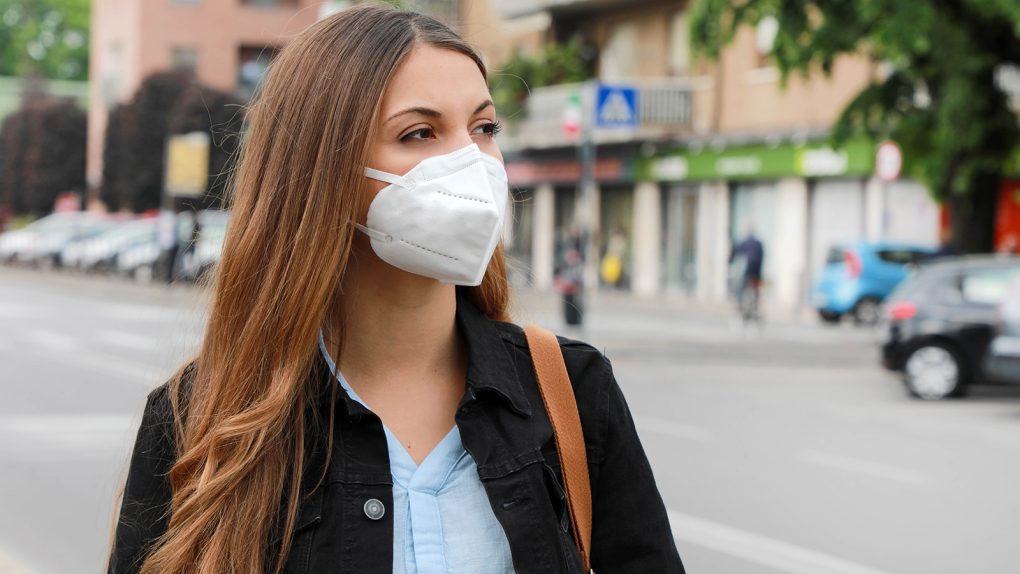- As the coronavirus’ US toll continues to rise, scientists and researchers both here and elsewhere continue racing to try and learn what they need to know about the virus to develop an effective vaccine as well as drugs to treat it.
- New studies have given those researchers a deeper insight into one of the key pieces of information they need about the virus — knowing who among us can develop the protective antibodies to ward it off.
- This comes as the new case numbers and the death toll from the coronavirus continue to rise.
Part of the reason why the coronavirus pandemic is so unrelentingly frustrating, and why it continues to baffle scientists and researchers, is that there’s still so much we don’t know about the virus — such as, for one thing, why it spares some people and ravages others — and easy answers seem impossible to come by. Not only that, but the received wisdom that we as members of the public think we possess has changed pretty dramatically as the pandemic has run its course, one example being Dr. Anthony Fauci explaining in a new interview why health officials told us at first not to wear masks.
Here’s another oddity associated with the COVID-19 virus that doesn’t appear to have an explanation yet but which will no doubt inform efforts to combat the pandemic and to develop a vaccine: According to a new study, a little less than 10% of people who successfully overcome the coronavirus don’t develop the protective antibodies needed to ward off a second infection.
That’s according to scientists from St. George’s University of London who studied 177 people, looking specifically at the proteins in their bodies during the weeks after they beat the virus. The St. George’s scientists discovered that 8.5% of people did not produce antibodies that would protect them against a new infection of the coronavirus following their initial recovery.
Another interesting finding: While earlier studies and statistics have shown that minorities are more likely to suffer serious coronavirus infections compared to white patients, the St. George’s research also showed a higher count of antibodies being associated with non-white patients. More important, though, is the fact that these results have only been released preliminarily — which means they also haven’t been peer-reviewed by other academics.
This study does, nevertheless, seem to line up with work from the Chinese pharmaceutical company Sinovac, which just announced COVID-19 vaccine study results showing that some 90% of volunteers in a promising coronavirus vaccine trial developed antibodies. In other words, some 90% of volunteers here developed antibodies, whereas almost 10% in the St. George’s analysis didn’t.
Hopefully, this information can be put to good use — and, ideally, result in either a vaccine or drugs to blunt the effects of the coronavirus. Where I live, we just set a one-day record for the most number of coronavirus cases in a single day, which is certainly worrying. Country-wide, the latest data from Johns Hopkins University shows that more than 2.1 million cases have been identified in the US, as well as more than 116,000 reported deaths.








